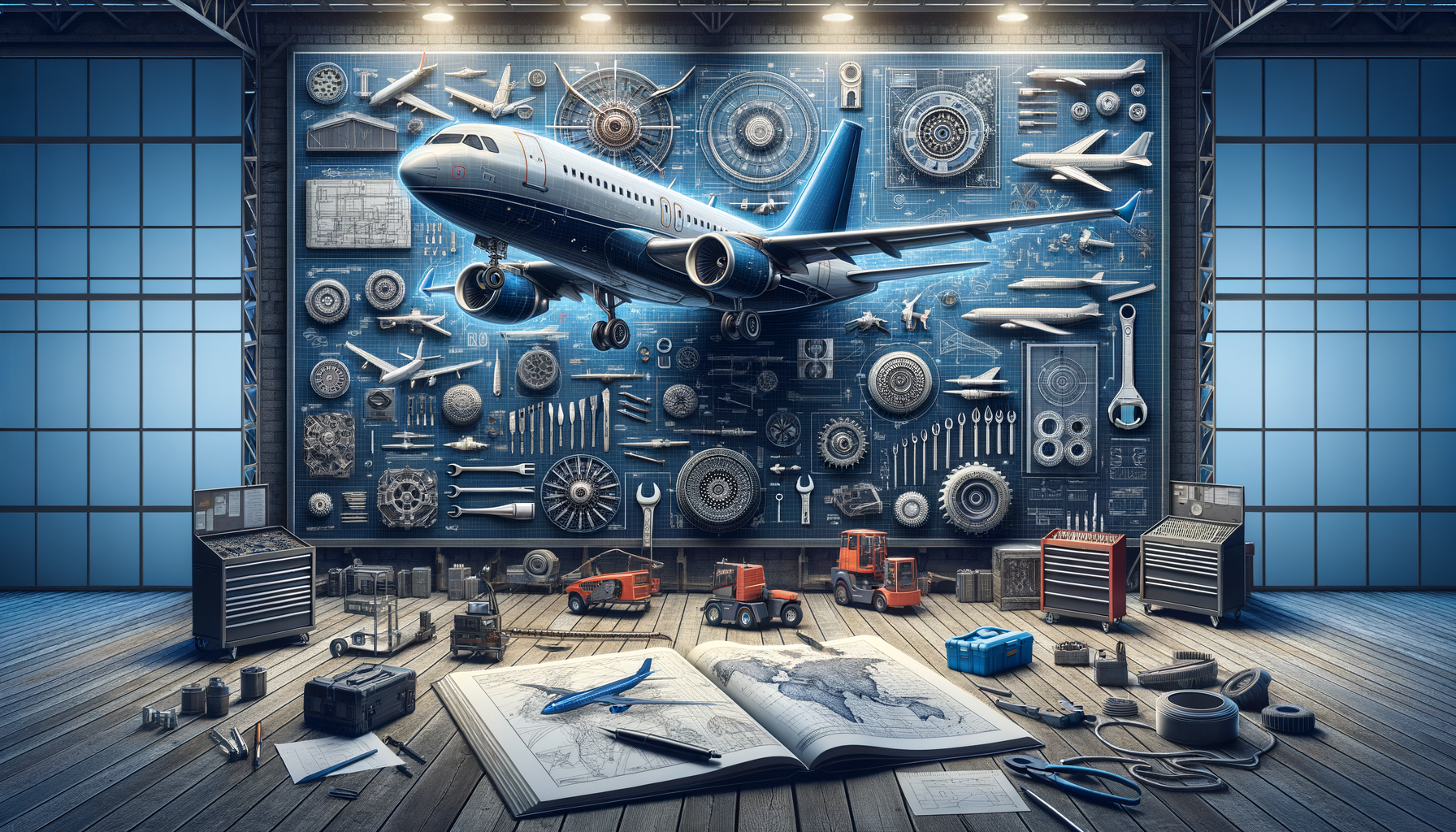Introduction to Aviation Maintenance Training Programs
Aviation maintenance training programs are the backbone of the aviation industry, ensuring that aircraft are maintained to the highest standards of safety and efficiency. These programs are designed to equip aspiring technicians with the necessary skills and knowledge to perform maintenance tasks on various types of aircraft. The importance of these programs cannot be overstated, as they play a crucial role in maintaining the safety and reliability of air travel. With the increasing demand for air travel, the need for skilled aviation maintenance technicians is on the rise, making this a promising career path for many.
Core Components of Professional Aviation Maintenance Training Programs
Professional aviation maintenance training programs are structured to provide a comprehensive education in aircraft systems and maintenance practices. These programs typically cover a wide range of topics, including:
- Basic aerodynamics and aircraft systems
- Maintenance practices and safety regulations
- Engine and airframe systems
- Avionics and electronic systems
- Inspection and troubleshooting techniques
These programs often combine classroom instruction with hands-on training to ensure that students gain practical experience. This blend of theoretical knowledge and practical skills is essential for preparing students for real-world scenarios. Moreover, many programs offer specialized training in advanced aircraft systems maintenance, allowing students to focus on specific areas of interest and expertise.
Career Opportunities and Advancement in Aviation Maintenance
Graduates of aviation maintenance training programs have a wide array of career opportunities available to them. Entry-level aircraft mechanic career training prepares individuals for roles such as aircraft maintenance technicians, where they can work on commercial, private, or military aircraft. As technicians gain experience, they can pursue advanced certifications and specializations, which can lead to higher-level positions such as lead mechanics or maintenance supervisors.
Additionally, the aviation industry offers numerous opportunities for career advancement. With further education and experience, technicians can move into roles such as maintenance planners, quality control inspectors, or even management positions within maintenance organizations. The demand for skilled technicians is expected to grow, driven by the expansion of the aviation sector and the need for ongoing maintenance of an ever-increasing fleet of aircraft.
Conclusion: Building a Future in Aviation Maintenance
Aviation maintenance training programs are a gateway to a rewarding and dynamic career in the aviation industry. By providing a solid foundation in aircraft maintenance and offering opportunities for specialization and advancement, these programs prepare individuals for a successful career in maintaining the safety and reliability of air travel. As the industry continues to expand, the need for skilled technicians will only grow, making this an opportune time for those interested in pursuing a career in aviation maintenance.




Leave a Reply